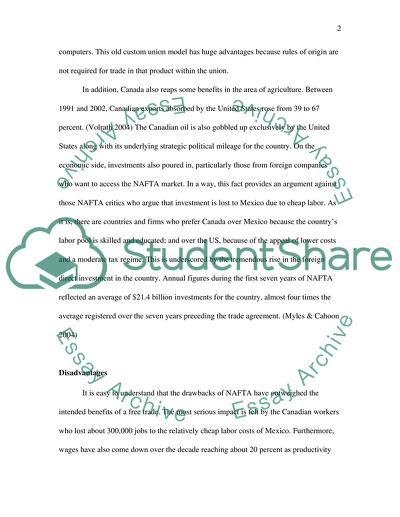Cite this document
(“International Business Essay Example | Topics and Well Written Essays - 1000 words - 4”, n.d.)
International Business Essay Example | Topics and Well Written Essays - 1000 words - 4. Retrieved from https://studentshare.org/miscellaneous/1547659-international-business
International Business Essay Example | Topics and Well Written Essays - 1000 words - 4. Retrieved from https://studentshare.org/miscellaneous/1547659-international-business
(International Business Essay Example | Topics and Well Written Essays - 1000 Words - 4)
International Business Essay Example | Topics and Well Written Essays - 1000 Words - 4. https://studentshare.org/miscellaneous/1547659-international-business.
International Business Essay Example | Topics and Well Written Essays - 1000 Words - 4. https://studentshare.org/miscellaneous/1547659-international-business.
“International Business Essay Example | Topics and Well Written Essays - 1000 Words - 4”, n.d. https://studentshare.org/miscellaneous/1547659-international-business.


